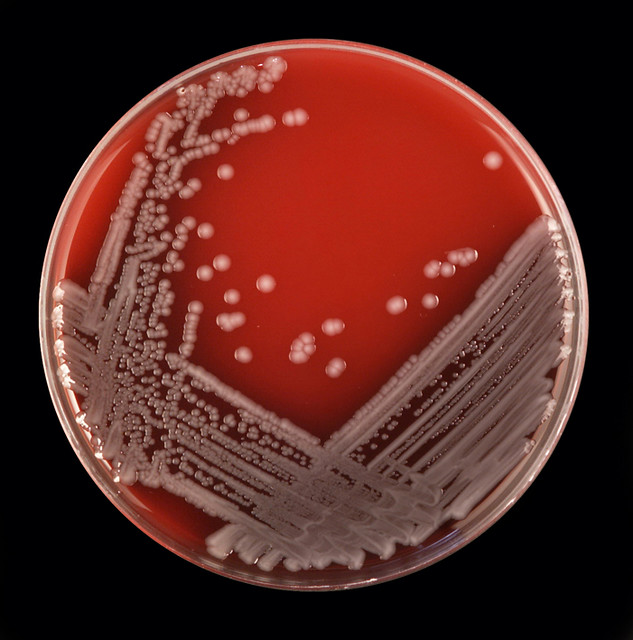It helps digest the food you eat. Coli bacteria enter the blood stream it causes blood poisoning which is also known as septicemia or in a more severe form sepsis.
 File Escherichia Coli On Agar Jpg Wikimedia Commons
File Escherichia Coli On Agar Jpg Wikimedia Commons
If untreated the bacteria can go to the blood stream and cause septic s.

E coli in bloodstream. Its mostly harmless but some strains of this bacteria can cause infection and illness. The presence of E. If untreated the bacteria can go to the blood stream and cause septic s.
The ureters are the tubes connecting the kidneys to the bladder. Coli is a type of bacteria commonly found in the digestive systems of animals. Increases in E coli bloodstream infections in Oxfordshire are primarily community associated with substantial co-amoxiclav resistance.
In addition the rates of multidrug resistant MDR E. Fluoroquinolone therapy for bloodstream infections caused by extended-spectrum beta-lactamase-producing Escherichia coli and Klebsiella pneumoniae J Microbiol Immunol Infect. Coli can cause symptoms including diarrhea stomach pain and cramps and low-grade fever.
Escherichia coli is a leading cause of bloodstream infection BSI it ranks first as a cause of community-acquired episodes and second as a cause of hospital-acquired BSI in studies carried out in different world regions. Pneumoniae bacteremia ciprofloxacin or levofloxacin if active in vitro can be considered as a carbapenem-sparing alternative. Escherichia coli is a leading causative agent among both community- and hospital-acquired bloodstream infections BSIs.
Escherichia coli often abbreviated as E. Coli is a type of bacteria found in the digestive tract. Coli is notorious for causing infections specially in the urinary tract.
Coli is a common bacterium that is normally found within the human intestines as well as those of other warm-blooded organisms. Coli infections are on the rise. Nevertheless we found little or no change in mortality.
Coli is typically spread. Some of the most common signs and symptoms of sepsis include an elevated heart rate a very high body temperature high fever abnormally high respiratory rate and abnormally high or low amount of white blood cells. One specific strain can cause serious digestive system upset however leading to diarrhea and nausea which can leave an infected person weak and dehydrated.
Medical researchers have long. Coli in bloodstream infections in Toronto temporally correlated with an increase in the ST131 clonal type. Antimicrobial resistance is increasing in Escherichia coli particularly among extended-spectrum β-lactamase ESBLproducing E.
Miajlovic and Smith 2014. Coli BSI in the last decade. Recognition of this dramatic rise is important to inform empiric antibiotic treatment.
The bacterium Escherichia coli E. 3 4 Additionally antibiotic resistance in E. However certain strains of E.
Pulmonary source of infection host comorbidities virulence genes and healthcare acquisition are far more important drivers of mortality. The urethra is the tube carrying urine from the bladder to outside your body. We observed a significant increase in the proportion of ESBL-producing E.
Coli is a bacteria that normally lives in the intestines of both healthy people and animals. Focusing interventions on primary care facilities particularly those with high co-amoxiclav use could be effective in reducing the incidence of co-amoxiclav-resistant E coli bloodstream infections. In most cases this bacteria is harmless.
Escherichia coli E. Coli which grows naturally in the human digestive tract is a leading cause of urinary tract infections. There are a few different strains of E.
Coli in the bloodstream can result in the induction of a vigorous host inflammatory response that lead to sepsis which is associated with high morbidity and mortality Russo and Johnson 2003. 1 2 Recent reports from around the world have shown an increase in the incidence of E. Coli has increased dramatically due to the global emergence of MDR strains producing ESBL in the healthcare setting.
A few of strains of E. Coli but most of them are completely harmless. Coli is notorious for causing infections specially in the urinary tract.
